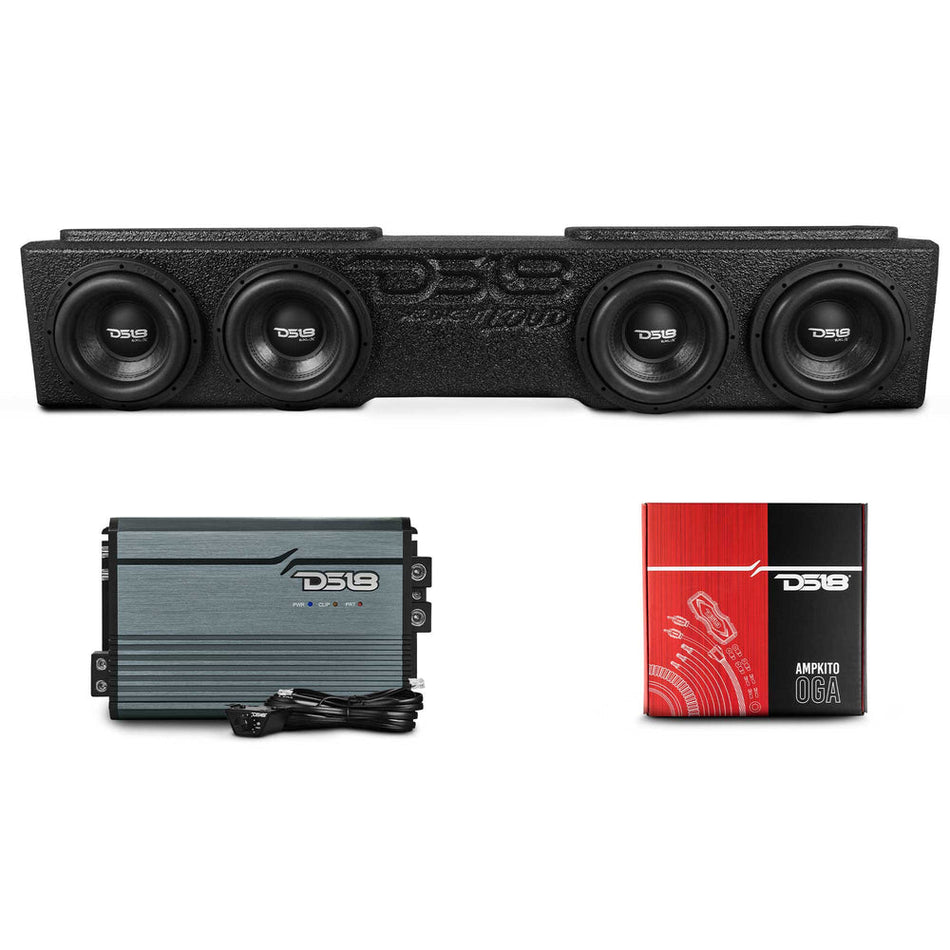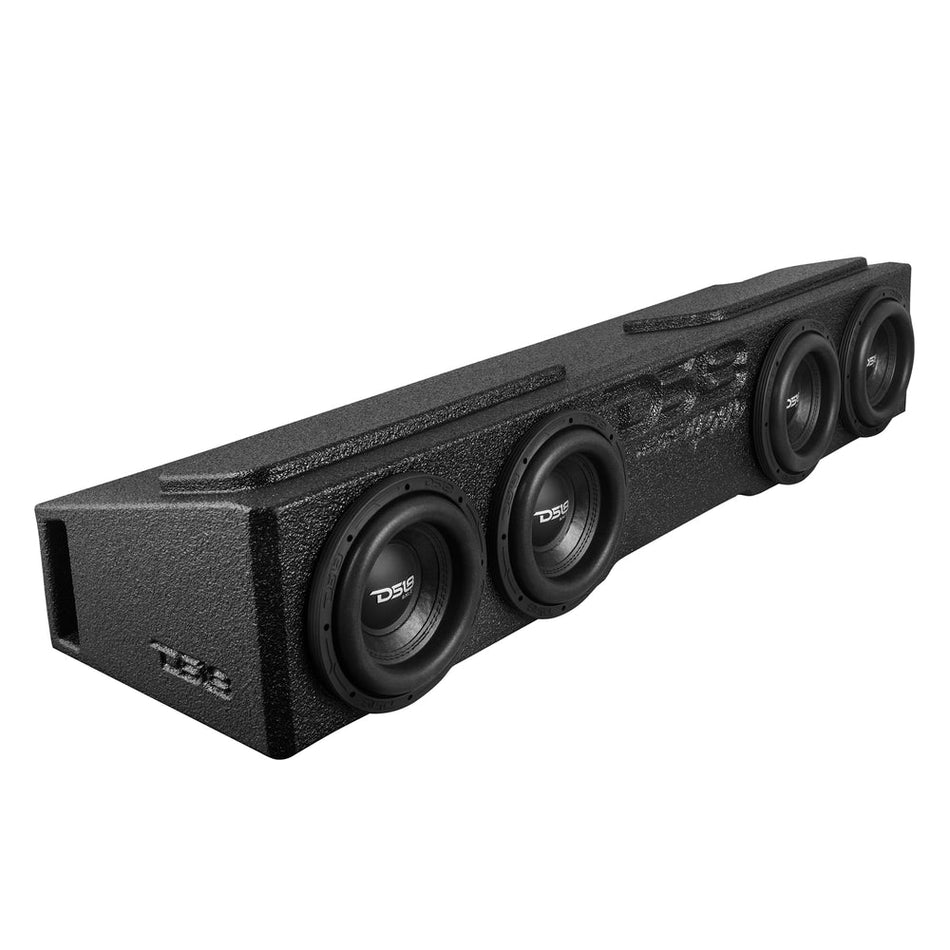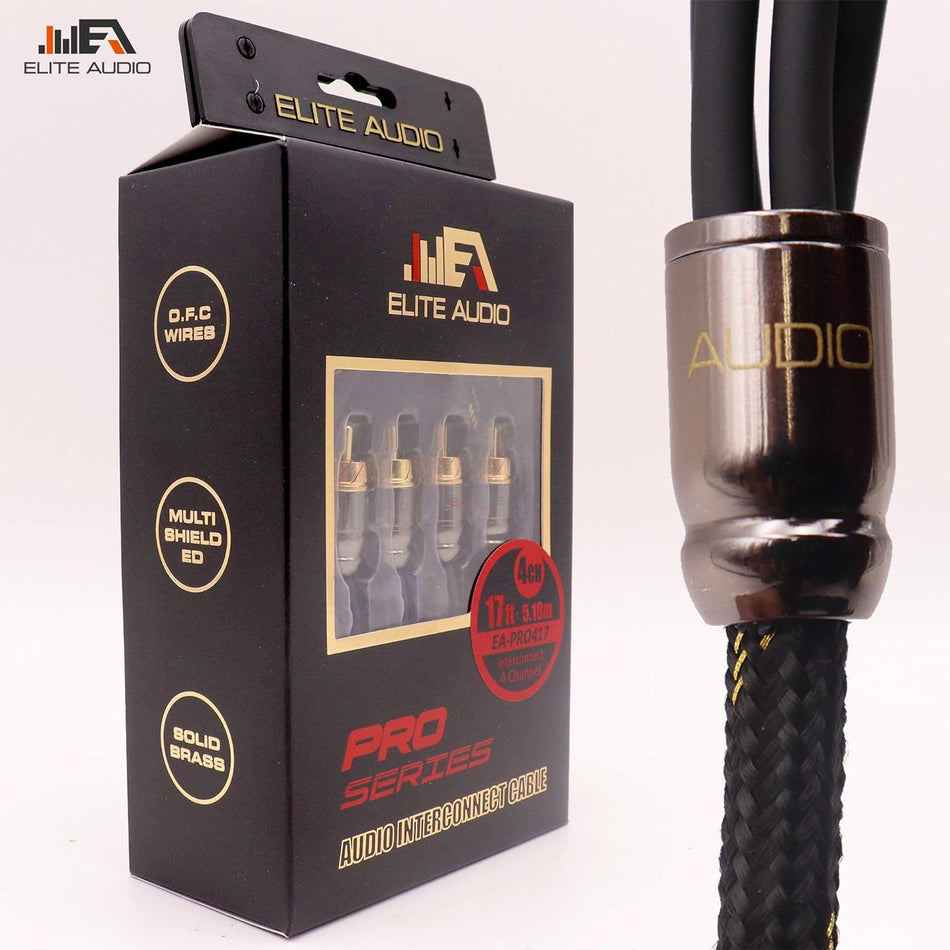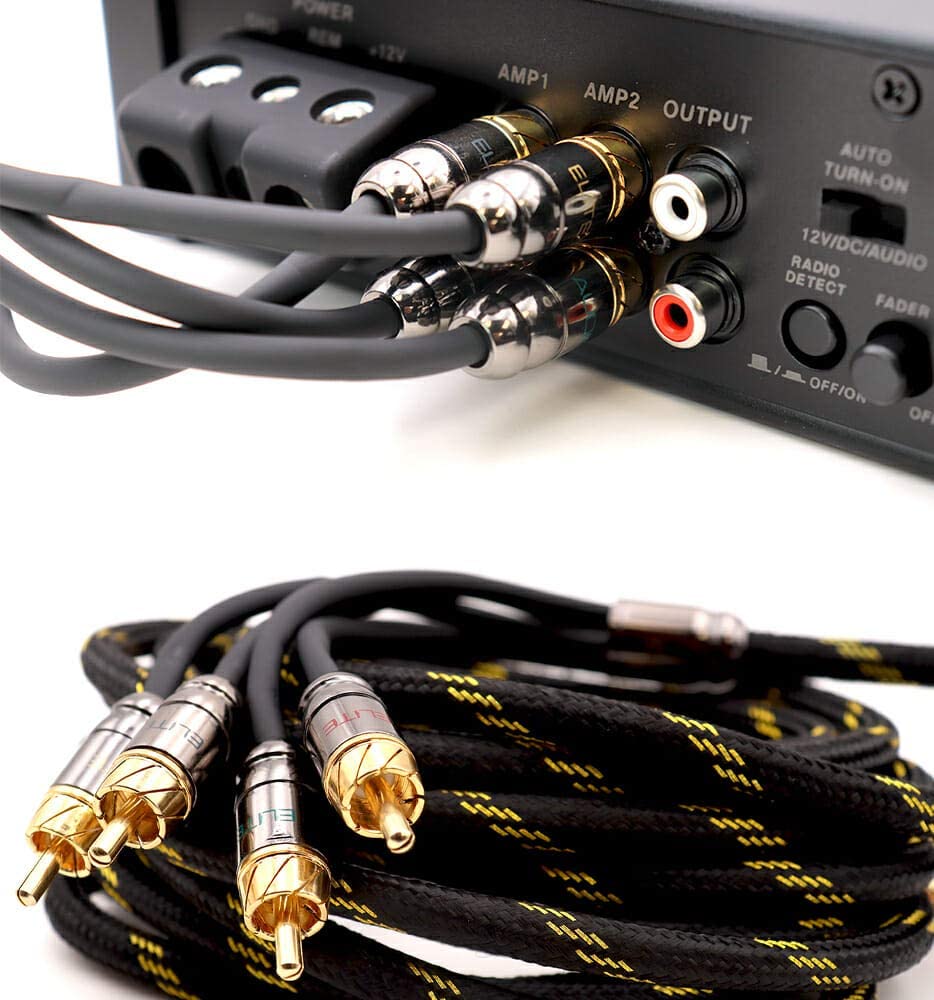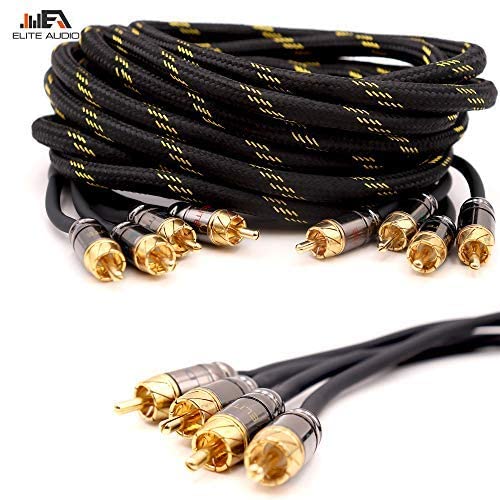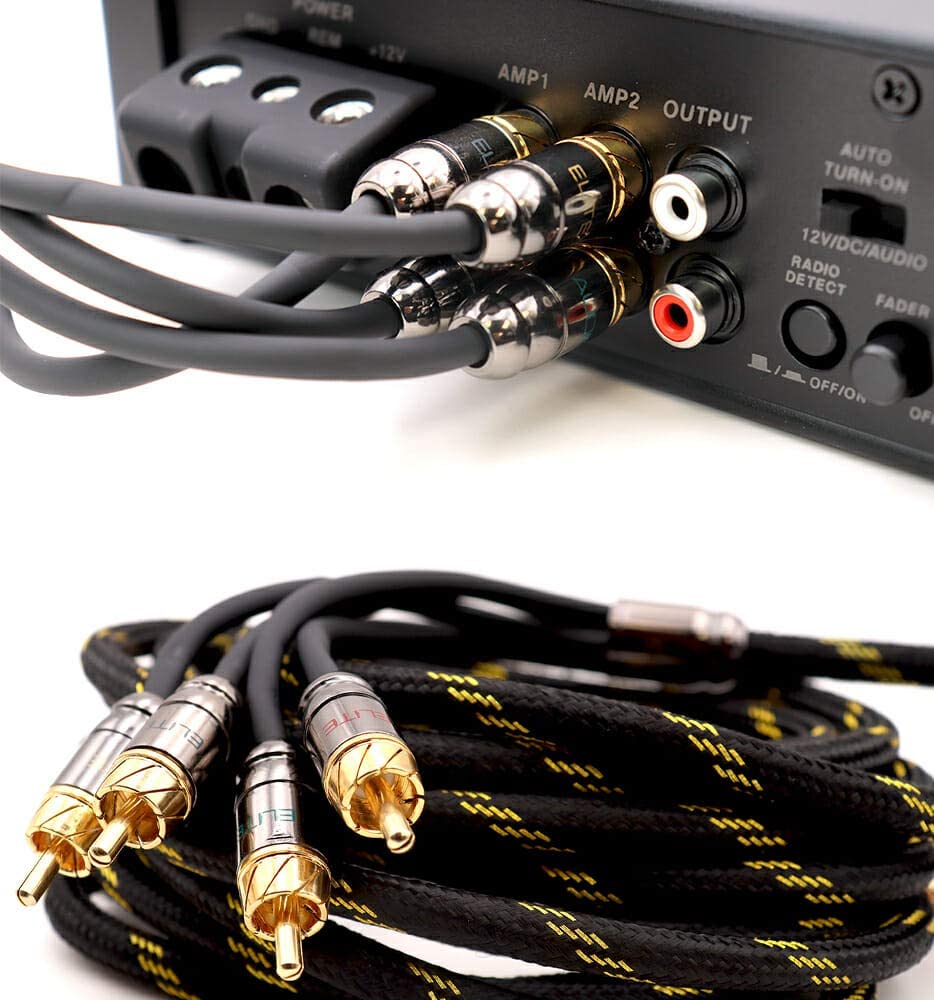The sound is the life blood of any decent audio system, clean, distortion-free. However, even with premium elements such as amplifiers, subwoofers and head units, even the most minor and unnoticeable of elements can go and spoil the experience that your RCA cables may provide.
RCA cables form a bridge of signals between your sources of audio and the devices that give the sound. Whenever they are worn out or not performing optimally or even if they are old and battered they can silently affect the clarity and the power of your system. When it is a good time to upgrade them may not be so clear cut but when you can spot the indicators before you take serious longer term damage or get tied up in a never ending cycle of troubleshooting.
1. You're Hearing Static, Humming, or Crackling Sounds
One of the first and most frustrating signs of RCA cable interference is unexpected noise. When you hear static, humming and/or crackling coming out of your speakers especially when the engine is running and when some of the components are active, your RCA cables may be the weak link.
Why This Happens:
Poor quality or old RCA cables are typically un-foil shielded. This will predispose them to electromagnetic interference (EMI), and radio frequency interference (RFI) picked up on your vehicle electrical system, the alternator, or other devices around you.
Poor grounding and loose connections also contribute to noise. Over time, RCA connectors can wear out, and the metal contact inside may corrode or lose tightness, leading to signal leakage and distortion.
Best Solution:
-
Inspect both ends of the RCA cable for signs of wear, oxidation, or loose connectors.
-
Swap out a suspected cable with a higher-quality, shielded version to isolate the problem.
-
Consider twisted pair RCA cables with dual-layer shielding for improved noise rejection.
2. You're Experiencing Weak or Unbalanced Audio Output
Another major red flag is an imbalance in your audio channels. If one speaker or side of your system sounds weaker or louder than the other — even after adjusting balance or fade settings — your RCA cables could be the issue.
Why This Occurs:
Failure of a RCA cable may lead to disproportional signal transmission. This can occur due to broken wires inside, partly functional connectors or uneven resistance on the cable length. There are situations whereby a low quality cable will not handle the entire signal voltage required by your amplifier to operate.
This type of poor RCA signal symptom can be effortless to overlook initially, especially when they begin gently and lead slowly into a severe condition.
Solution:
-
Try switching RCA cables between channels and see if the imbalance moves a strong indication it’s the cable.
-
Upgrade to Oxygen-Free Copper RCA cables, known for their efficient conductivity and minimal signal loss.
-
Avoid ultra-thin or generic cables that can't handle low-frequency or high-output signal transfer reliably.
3. You’re Planning or Have Already Upgraded Your Audio System
Maybe you’ve installed a new head unit, powerful amplifier, or added subwoofers. But did you remember to upgrade your RCA cables too? A surprisingly common mistake is keeping stock or budget RCA cables even after a major equipment upgrade.
Why This Is a Problem:
High-end audio gear demands clean, strong signal transfer. Using low-quality RCA cables with advanced amplifiers or DSP processors can create a bottleneck in your signal chain. It’s like putting cheap tires on a performance car — you’ll never get the full potential.
Substandard cables can also restrict bandwidth, resulting in loss of detail, especially in the midbass and high frequencies. This degrades the dynamic range and clarity your new components were designed to deliver.
What You Can Do to Resolve issue:
-
Choose premium RCA cables that match the quality of your equipment.
-
Look for cables with gold-plated connectors, braided shielding, and strain relief at both ends.
-
If using a DSP or multiple amplifiers, consider multi-channel RCA interconnects for cleaner routing and reduced noise.
Importance of Quality RCA Cables in a Car Audio Setup
RCA cables should be regarded as an afterthought, but they play a very crucial role in maintaining signal integrity in your system. This is not mere marketing bullshit between a 10 dollar and 40 dollar set of RCA cables, that is the difference in the build quality, shielding, tightness of the connections in the plugs and material of the copper inside the wire.
Here’s what sets good RCA cables apart:
-
Quad or double-layer shielding to reduce interference
-
Twisted pair construction to minimize ground loop noise
-
Precision-molded connectors for a tight, reliable fit
-
Flexible outer jackets for easier installation and routing
By spending less in the beginning of building or by upgrading components with better RCA cables, you avoid troubleshooting in the future. More to the point, it guarantees that your system will sound as it is expected to bold, clean, and immersive.
Tips for Choosing the Right RCA Cable
Before making a purchase, consider these important tips to make sure you’re getting the best RCA cable for your setup:
-
Cable Length: Get just enough length to reach your amps, but not so much that excess cable loops create potential interference zones.
-
Shielding Quality: Choose double or triple-shielded cables to protect against EMI, especially in vehicles with complex electrical systems.
-
Connector Type: Gold-plated or nickel connectors prevent corrosion and offer more reliable long-term performance.
-
Brand Reputation: Go with trusted audio brands that specialize in car audio accessories they often design cables specifically for mobile environments.
-
Budget Smartly: You don’t need to overspend, but completely skimping on RCA cables is a common regret among installers and audio enthusiasts.
Don’t Let Your Cables Hold You Back
You can never underestimate the importance of RCA cables on the quality of audio in your car- until one day when something begins to malfunction. Unexpected interference, audio imbalance, not matching new components, awkwardly styled, made to fit, or simply faulty or inadequate RCA cables can serve to silently sabotage your system.
Improving your RCA interconnects is not only about correcting something that is not working, but it can be about getting the most out of your gear. Plus, when you are already spending money and time on creating the perfect sound system, the least you would want is to make sure that the signal flowing through this system is as clean and strong as it can be.
If your system shows any of these signs, consider an audio cable upgrade not as a luxury, but as a necessity.


